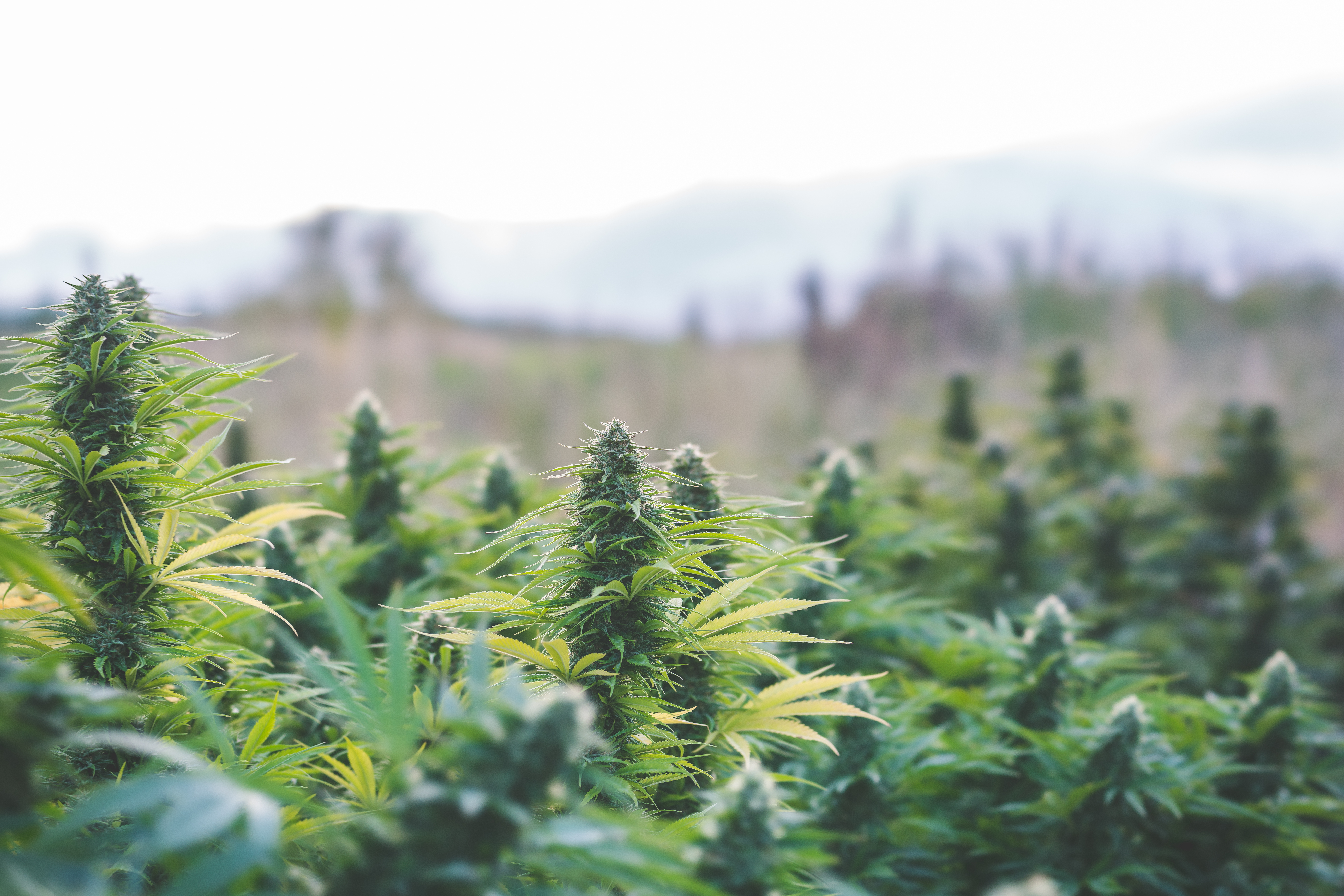Connect with us
Published
7 months agoon

It’s already well known that drug prohibition and the War on Drugs as a whole has had broader impacts on a number of populations and social issues, and now a new report is shedding light on how drug policy reform and environmental justice are linked.
The new report, “Revealing the Missing Link to Climate Justice: Drug Policy,” authored by an international coalition of advocacy groups focuses on how global drug prohibition has fueled environmental destruction of many of the world’s most critical ecosystems and has affected efforts to address the continued climate crisis.
“Our aim is to connect the dots between these two areas and raise awareness on how current drug policy is undermining environmental justice as well as efforts to prepare for and mitigate the climate emergency,” authors stated. “We seek reforms to drug policy that centre ecological harm reduction and the responsible legal regulation of the drugs trade.”
The report immediately addresses the “elephant in the room” as the War on Drugs,explaining the increasing recognition that criminal actors are “financing land grabs, deforestation, timber and wildlife trafficking and socially and ecologically devastating mining. And that authorities at all levels are often rubber-stamping and profiting from those illegal activities.”
Authors say that this recognition falls short of naming the true driver of these criminal activities: prohibition. They argue that the shadow economy is undermining environmental progress and governance of the world’s tropical forest frontiers, with many jungles along the equatorial line acting as some of the planet’s largest climate sinks, “key to our climate future” and correlating to the world’s major drug trafficking routes.
The 63-page document was published on Thursday by the International Coalition on Drug Policy Reform and Environmental Justice. The group describes itself as “composed of advocates, activists, artists and academics from both the drug policy reform movement and the environmental and climate movement.”
The report outlines three ways that drug prohibition harms the environment, in that it pushes drug production and trafficking to key environmental frontiers, that drug profits fund wider environmental destruction and that it destabilizes societies and obstructs efforts to mitigate climate change.
“Despite their own overwhelming evidence on the role played by drug cartels in the killings of land and environmental defenders, NGOs like Global Witness do not yet include organised crime among their figures on the drivers of this violence. Nor do they consider prohibition in their analysis of the structural drivers. Can we begin to join these dots?” authors pose.
They carry on to explain that refusing to acknowledge this link only risks further perpetuating harm and deliberately obscures “the most significant drivers of violence against environmental defenders, directing attention away from the areas which are in most urgent need of action.”
They also share how profits from illegal drug operations power networks of other criminal activity that cause environmental harm, like illegal trades “in wildlife, tropical timber, archaeological artifacts, gold and other minerals, as well as investments in legal agribusinesses such as beef, palm oil, soy and avocados. Drug profits also provide seed capital for the business of human trafficking.”
The report acts as an introduction to the issue, complete with specific examples, case studies and photos to show how environmental harm is rooted in prohibitionist policies. It also argues that the drug war has perpetuated a cycle of poverty and prosecution against the most vulnerable populations in society, offering “a decent income or means of survival, where no other exists.
As an example, they point to the estimated 200,000 families making a living growing cocoa in Colombia. Even for those who are persecuted, the livelihood benefits of growing illegal drug crops often compels farmers to return to the business even though it’s high risk.
The report also more broadly looks at the history of the global drug war and its ultimate failure, arguing that prohibitionist policies by the “Global North” were largely formed based on a desire “for the social control of ‘undesirables,’ be they immigrants, racial minorities, indigenous communities, or political and ideological opponents.”
Authors acknowledge that the concept of regulated drug markets can be a challenge to consider, though the alternative — keeping the current status quo — is going to lead to more destruction.
“But the reality of resilient demand for drugs has to be the basis of any rational discussion; we either responsibly regulate drug markets or we continue with the manifest failings of prohibition, and abdication of control to destructive organised crime groups,” the report says. “There is no third option in which they can be magically wished away, or the ‘war on drugs’ somehow emerging victorious.”


Study Reveals State Cannabis Legalization Lowers Immigrant Deportation


DEA Challenges Bid To Use Psilocybin Under ‘Right To Try’ Legislation


Vegans Rejoice as Farmers Switch from Chickens to Hemp


Louisiana Legislative Committee Unanimously Passes Adult-Use Cannabis Framework Bill


Louisiana House Bill to Regulate Hemp Products Advances Along With Senate Bill to Ban


Cresco Labs Workers Reportedly De-Unionize
